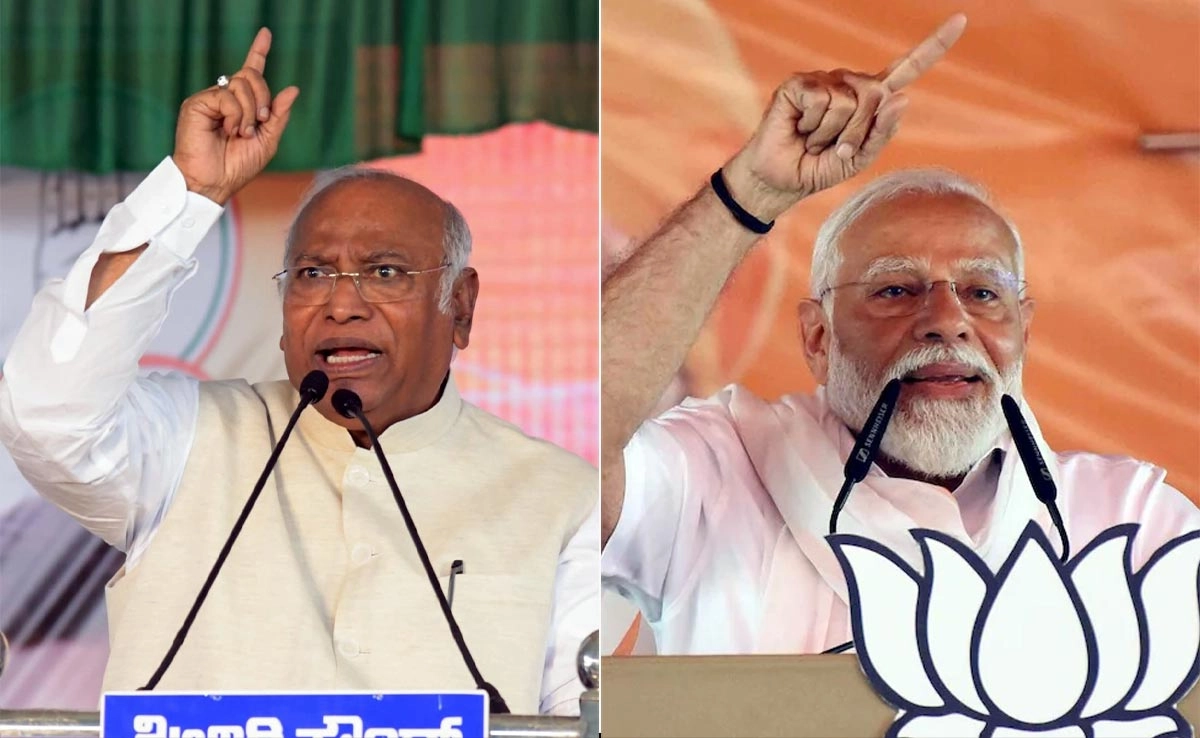Following Prime Minister Narendra Modi’s recent call for a GST Utsav, Congress leader Mallikarjun Kharge responded with sharp criticism, labeling the initiative as merely a “Band-Aid on deep wounds.” This exchange highlights the ongoing tensions between the ruling Bharatiya Janata Party (BJP) and the opposition Congress party, particularly concerning the implementation and impact of the Goods and Services Tax (GST) since its inception in 2017. Kharge’s remarks underscore a broader narrative within Indian politics, where economic policies are often scrutinized for their effectiveness and equitable distribution of benefits across various sectors.
Kharge’s critique suggests that the GST, while initially heralded as a revolutionary tax reform aimed at streamlining the tax structure and promoting ease of doing business, has failed to address the foundational issues plaguing the economy. He emphasizes that the celebratory tone of the Utsav is disconnected from the realities faced by millions of citizens, particularly small businesses and the informal sector, which have struggled under the weight of compliance burdens and tax complexities. By referring to the initiative as a mere “Band-Aid,” Kharge is asserting that the government’s approach is superficial and does not tackle the deeper economic challenges, such as job creation and support for those adversely affected by the GST’s implementation.
The debate surrounding GST has evolved into a significant political battleground, with both parties leveraging the issue to mobilize support among their constituents. While the Modi government touts the GST as a transformative policy that has unified the Indian market and increased revenue, critics argue that its execution has been flawed, leading to increased tax rates on essential goods and services, which disproportionately affect the lower and middle classes. Kharge’s comments resonate with many who feel that the government is out of touch with the struggles of ordinary citizens, thus reinforcing the Congress party’s position as a voice for the marginalized.
In this context, the GST Utsav serves not only as a celebration of a policy but also as a focal point for broader discussions about economic justice, governance, and accountability. As the opposition continues to challenge the effectiveness of the GST and other economic measures, the government must navigate these criticisms while maintaining public support for its policies. The outcome of this political discourse will likely shape the economic landscape and influence voter sentiment as India moves toward the next electoral cycle.




